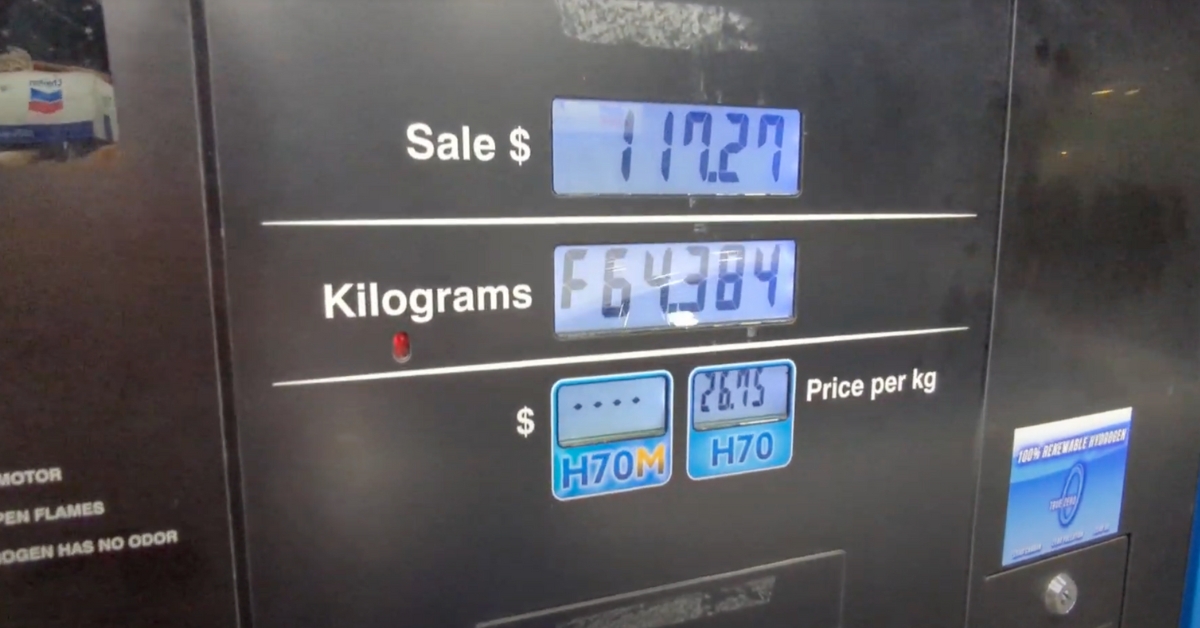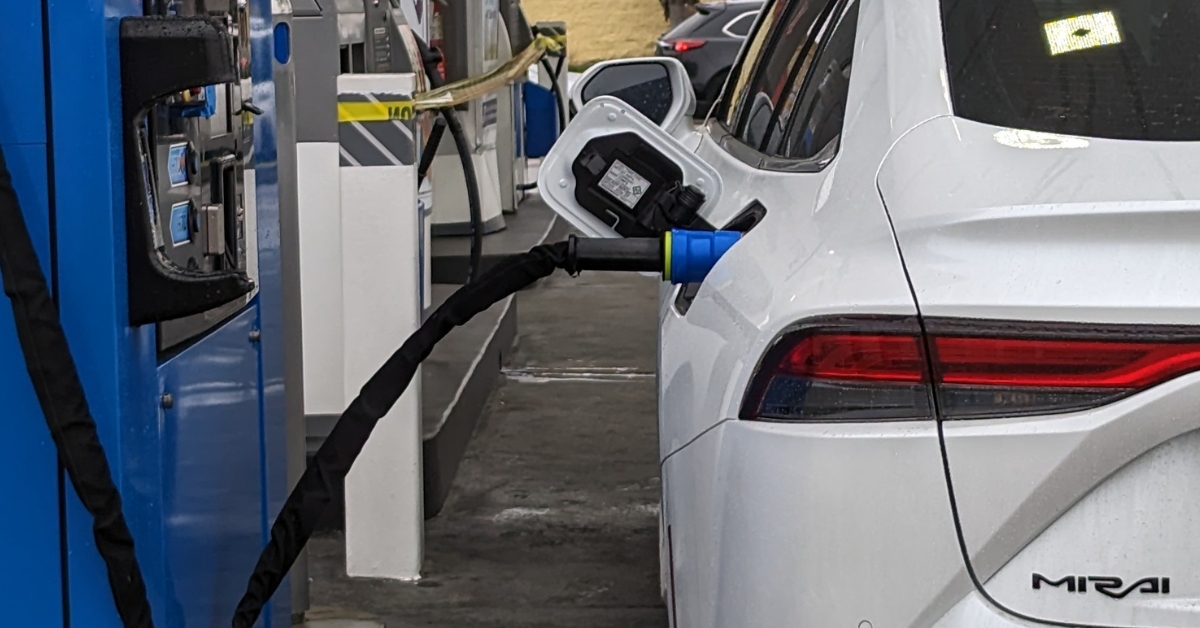As the world seeks to transition to cleaner and more sustainable energy sources, hydrogen has emerged as a promising alternative to fossil fuels. While gasoline has long been the dominant fuel for transportation, hydrogen offers several advantages, including zero-emission combustion and the potential for renewable production. One of the key considerations when evaluating these alternatives is the cost. In this article, we delve into the cost comparison between hydrogen and gasoline, examining factors such as production, infrastructure, and market dynamics.
- Production Costs: The production costs of hydrogen and gasoline differ significantly. Gasoline is primarily derived from crude oil, and its cost is heavily influenced by global oil prices, which can fluctuate due to geopolitical factors and supply-demand dynamics. On the other hand, hydrogen can be produced through various methods, including electrolysis of water, natural gas reforming, and biomass gasification. The cost of hydrogen production varies depending on the method employed, with electrolysis using renewable energy being the most environmentally friendly option but potentially more expensive.
- Infrastructure Costs: The infrastructure required for distributing and refueling hydrogen is still in its nascent stage compared to the well-established gasoline infrastructure. Gasoline has an extensive network of refineries, pipelines, and gas stations, making it easily accessible to consumers. In contrast, the hydrogen infrastructure is relatively limited, with fewer refueling stations and transportation options. The scarcity of infrastructure impacts the cost of hydrogen distribution and may increase the price compared to gasoline.
- Market Dynamics: The market dynamics surrounding hydrogen and gasoline also influence their relative costs. Gasoline benefits from decades of established production, refining, and distribution systems. Furthermore, the demand for gasoline is high, resulting in economies of scale and cost optimization throughout the supply chain. Hydrogen, as a newer entrant, faces the challenge of scaling up its production and distribution infrastructure, which can increase costs in the short term. However, as hydrogen technology advances and market demand grows, economies of scale and technological advancements are expected to reduce costs.
- Government Policies and Incentives: Government policies and incentives play a crucial role in shaping the cost competitiveness of hydrogen and gasoline. Many countries are actively promoting the adoption of hydrogen as part of their sustainable energy strategies, offering subsidies, grants, and tax incentives to support hydrogen infrastructure development and hydrogen-powered vehicles. These measures aim to offset the higher initial costs associated with hydrogen and accelerate its market penetration.
- Environmental Considerations: While the cost of fuel is an essential factor, it is essential to consider the environmental impact as well. Gasoline combustion releases carbon dioxide and other pollutants, contributing to climate change and air pollution. Hydrogen, when produced from renewable sources, offers a cleaner alternative with zero emissions at the point of use. This environmental advantage may justify higher costs, given the increasing emphasis on reducing greenhouse gas emissions and achieving sustainable development goals.
Determining whether hydrogen is cheaper than gasoline involves considering multiple factors, including production costs, infrastructure, market dynamics, government policies, and environmental considerations. Currently, gasoline benefits from well-established infrastructure and economies of scale, making it cheaper in many regions. However, as hydrogen technology advances, economies of scale are achieved, and governments provide support, the cost competitiveness of hydrogen is expected to improve. Ultimately, the long-term sustainability and environmental benefits of hydrogen may outweigh the initial cost differences, making it an attractive option for a greener future.





